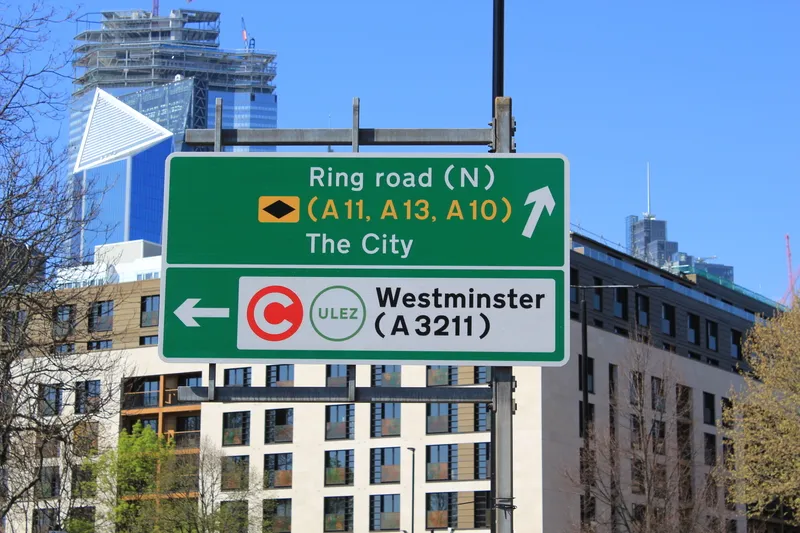A US$30 million fund will be made available to local authorities to support the rollout of ultra-low emission taxis across the UK. The money will be available to reduce the upfront cost of purpose built taxis and to install charging infrastructure for taxi and private hire use.
A further US$37 million has been set aside specifically for the Greater London Area to help taxi drivers cover the cost of upgrading to a greener vehicle.
All taxis will also qualify for the government’s plug-in car grant, whi
April 2, 2015
Read time: 2 mins
A US$30 million fund will be made available to local authorities to support the rollout of ultra-low emission taxis across the UK. The money will be available to reduce the upfront cost of purpose built taxis and to install charging infrastructure for taxi and private hire use.
A further US$37 million has been set aside specifically for the Greater London Area to help taxi drivers cover the cost of upgrading to a greener vehicle.
All taxis will also qualify for the government’s plug-in car grant, which currently offers up to US$7,400 off the cost of an eligible low emission vehicle.
Local authorities are invited to bid for feasibility studies to prepare for the rollout of these vehicles in their fleets. The full guidance is available at Ultra low emission taxi scheme.
The news follows London Taxi Company owner Geely’s announcement outlining plans for a new US$371 million state of the art facility to produce the next generation of low-emission London Black Taxis.
Geely was awarded US$25 million from the government’s Regional Growth Fund to build this facility, which will create 1,000 local jobs and ensure the London black taxi continues to be designed, developed and made in the UK.
These new taxis will comply with the new regulations being introduced by the Mayor of London that will require all London taxis to be zero-emission capable from January 2018.
A further US$37 million has been set aside specifically for the Greater London Area to help taxi drivers cover the cost of upgrading to a greener vehicle.
All taxis will also qualify for the government’s plug-in car grant, which currently offers up to US$7,400 off the cost of an eligible low emission vehicle.
Local authorities are invited to bid for feasibility studies to prepare for the rollout of these vehicles in their fleets. The full guidance is available at Ultra low emission taxi scheme.
The news follows London Taxi Company owner Geely’s announcement outlining plans for a new US$371 million state of the art facility to produce the next generation of low-emission London Black Taxis.
Geely was awarded US$25 million from the government’s Regional Growth Fund to build this facility, which will create 1,000 local jobs and ensure the London black taxi continues to be designed, developed and made in the UK.
These new taxis will comply with the new regulations being introduced by the Mayor of London that will require all London taxis to be zero-emission capable from January 2018.










